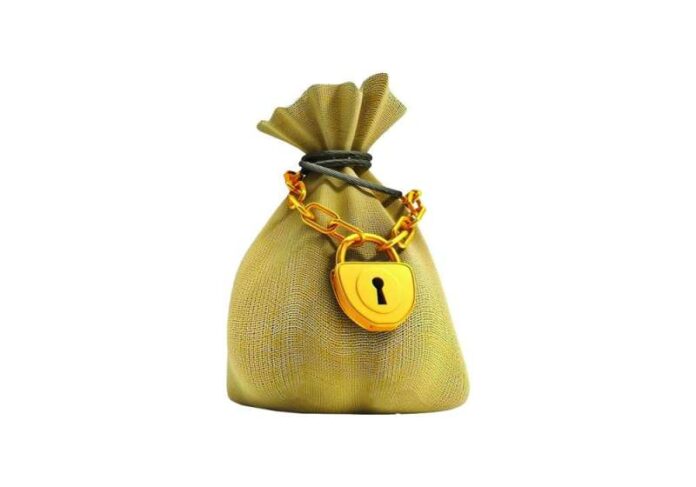There is a growing demand among banks for government deposits in dinars. This surge in demand has led to an increase in the interest rates offered on these funds compared to the previous period, maintaining an upward trend since the beginning of the year. The Central Bank of Kuwait’s regulatory decisions in 2023 has supported this momentum.
Multiple banks have recently offered interest rates of up to 5.5 percent on deposits for government agencies, with a significant portion coming from the Public Institution for Social Security (PIFSS). This pricing represents the highest interest recorded on government funds since 2008. Most deposit terms currently range from 3 to 6 months, indicating a banking push for these funds, reports Al-Rai daily.
As of July 31, 2023, government deposits totaled approximately 11.9 billion dinars, encompassing ministries, government departments, agencies, bodies with budgets attached to the state budget, and the Credit Bank.
The sources reveal that the competition for government deposits does not involve all banks, but the increased demand from some has intensified the attractiveness of these funds, leading to higher prices. The variation in offered prices reflects different needs among banks, with market prices no longer being the sole indicator.
Banks typically increase fund rates in their deposit portfolios in the last quarter of each year for various reasons, including accounting considerations and arrangements related to treasury conditions. This period sees higher pricing rates than market trades, not necessarily due to overall liquidity scarcity but often accounting for the maturity scale arrangement according to the Central Bank of Kuwait’s approved standards.
Dollar deposit pricing is determined by global demand and the U.S. Federal Reserve’s decision at 5.5 percent. Banks actively compete to attract deposits, especially in the last three months of the fiscal year, leading to a collective banking movement that raises prices.
The trend of increasing interest rates on government funds is further supported by high interest levels in bond and securitization instruments offered by the Central Bank.
The growing levels of liquid assets from bank deposits, particularly from the General Organization for Social Insurance, have motivated banks to court the institution.
Government deposits are classified among the most stable in terms of stability during their deposit period, adding value to banking policy makers. Despite strong liquidity levels in Kuwaiti banks, their fund needs are limited, aligned with regulatory requirements.
Regarding retail deposit pricing, there have been no recent changes, and the interest rates depend on the term, stability, and size of individual funds. Some banks offer a “counter” rate, lower than the Central Bank’s pricing for certain clients, while elite clients with historical relationships may receive special pricing, reportedly reaching up to 6 percent for a year. The client’s financial weight remains the main determinant of individual fund interest.

















